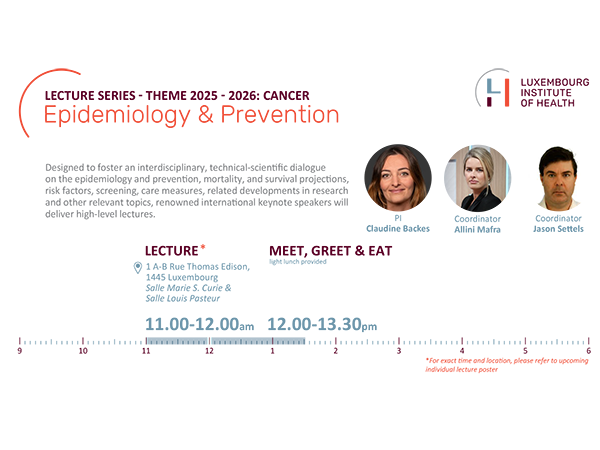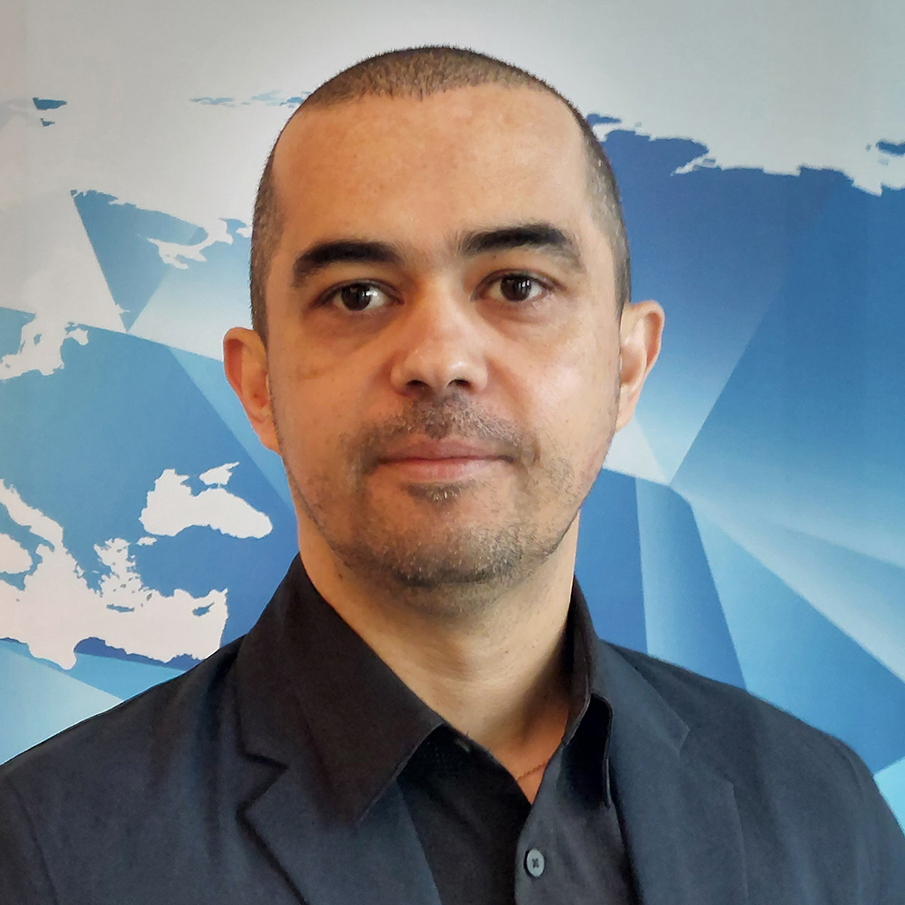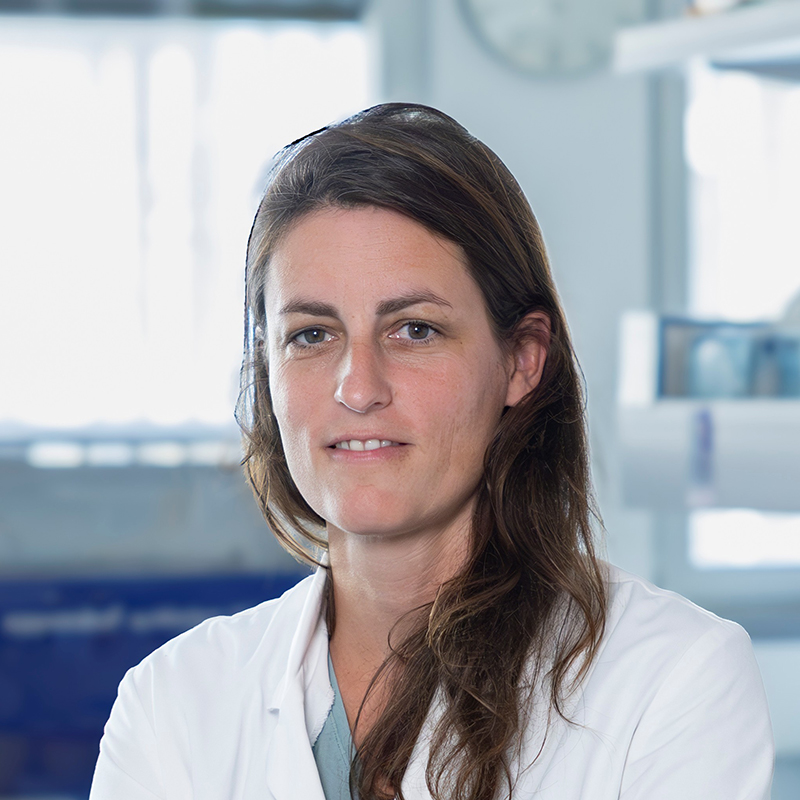CANCELLED | Oncolytic immunotherapy against human glioblastoma
- Lecture Series Cancer Research
Please note that this event has been cancelled. We will update you with any future reschedule date.
Speaker
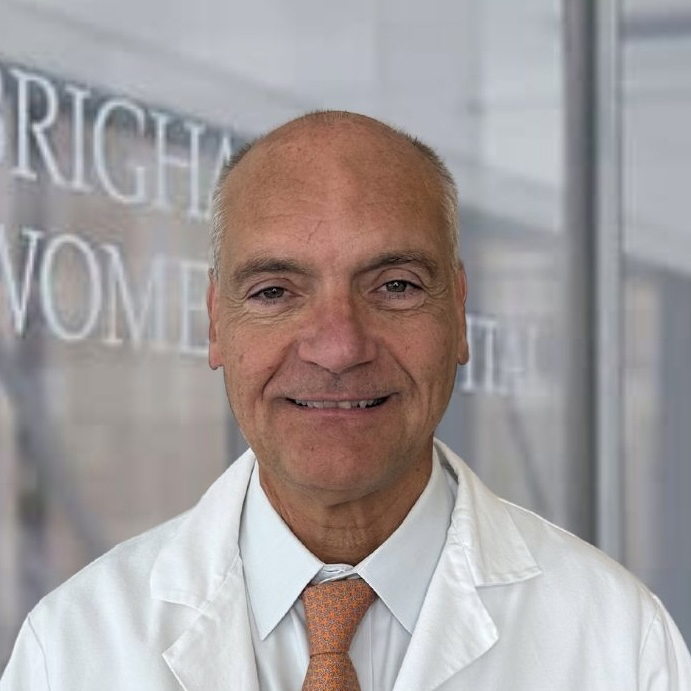
Chiocca, MD, PhD
Professor of Neurosurgery, Harvard Medical School Brigham and Women’s Hospital, Neuroscience Center Dana-Faber Cancer Institute, Center for Neuro-Oncology Boston, Massachusetts, USA
Abstract
A “first-in-human” phase 1 trial of intralesional injection of CAN-3110, an immunotherapeutic oncolytic based on herpes simplex virus 1 (HSV1), was conducted in 41 subjects with recurrent high-grade glioma (rHGG). The impact of CAN-3110 on the tumor immune microenvironment was assessed using immunohistochemistry, multiplexed immunofluorescence, TCR-beta DNA sequencing, and bulk RNA sequencing of paired pre- and post-treatment samples. These analyses were combined with patient features to identify potential biomarkers of therapy response in rHGG.
In IDH wild type recurrent glioblastoma (IDHwt rGBM) patients, post-treatment survival times were positively associated with positive pre-treatment HSV1 serology after controlling for additional covariates such as tumor volume, age, gender, CAN-3110 dose, etc. (HR = 0.16, p < 0.001, n = 32, CoxPH). Positive HSV1 serology was also significantly associated with clearance of CAN-3110 from injected tumors. Interestingly, increased intratumoral CD8 and CD4 T cell numbers following treatment were positively associated with prolonged survival in HSV1 seropositive patients (p = 0.017 and 0.026, respectively), but
not when analyses were conducted including HSV1 seronegative patients. Likewise, post-treatment immune expression signatures (such as for antitumor cytokines, T cell traffic, etc.) were more strongly associated with prolonged survival for HSV1 seropositive patients than for seronegative patients, and most assessed immune signatures only became associated with survival after CAN-3110 treatment. Extended survival was also associated with increased TCR-beta diversity following therapy in both the tumor and in PBMCs.
Combined with a lack of observed dose-limiting toxicities and a median post-treatment survival of 14.2 months (95% CI: 9.5-15.7) in IDHwt rGBM patients with positive HSV1 serology, these data provide evidence that intralesional CAN-3110 treatment is capable of generating immune activation in a traditionally immunologically cold tumor in a way that influences survival time—particularly when patients have had prior exposure to HSV1. (clinicaltrials.gov NCT03152318)

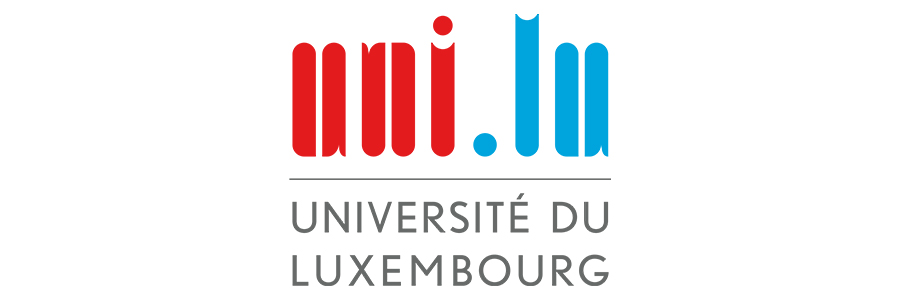
DATA PRIVACY
Read more about the “Data Protection Notice: processing of personal data in the scope of events’ management”.


